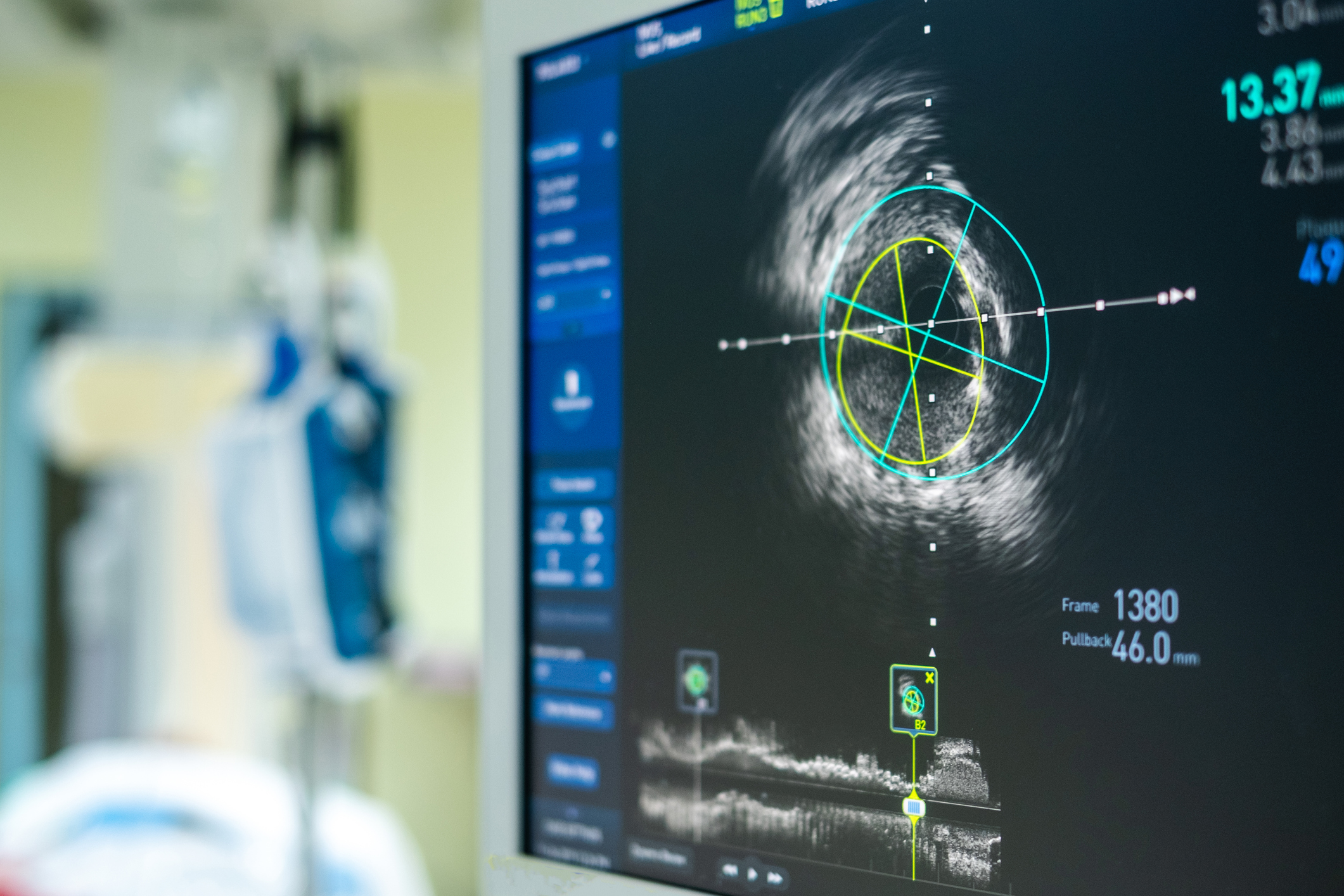

Atherosclerosis, or hardening of the arteries, is caused by plaque building in blood vessels that can lead to heart attack or stroke.
Those plaques are made up of cholesterol, phospholipids and other miscellaneous fats, immune cells and fibrous components.
Obesity and a diet high in fat and cholesterol are all established risk factors for atherosclerosis. In fact, some studies have shown that being obese makes a person two and a half times more likely to develop heart disease.
But the mechanics behind why have not been fully understood, until now…
The window to the body and hard arteries
“The gut is the dietary window to the body,” said Srinivasa Reddy, professor of medicine at the University of California Los Angeles and corresponding author on the study.
It also appears to be the window through which bacterial toxins leave the gut and make their way into the bloodstream to cause systemic inflammation that turns up the thermostat on atherosclerosis…
Using a mouse model, the researchers found that on a high-fat high-cholesterol diet, the cells that line the small intestine churn out reactive phospholipids that make the intestinal lining more susceptible to invasion by bacteria in the gut.
“The normal defenses for intestinal lining cells to keep bacteria in the lumen of the intestine are reduced when they take up large amounts of cholesterol and fat,” said Alan Fogelman, a professor of medicine at UCLA and project supervisor.
“This also results in bacteria being able to come in direct contact with the cells lining your intestines called enterocytes. Without those defenses, this results in more bacterial products, like bacterial cell membranes that contain a toxin called endotoxin, getting into the bloodstream to cause inflammation.”
This is known as leaky gut syndrome.
“People who are obese and people eating high-fat, high-cholesterol diets have higher levels of endotoxin in their blood,” Fogelman adds. “It’s not at the level of causing sepsis, but it causes a low level of inflammation. When the cholesterol and fat come into the mix, the endotoxin kind of turns up the thermostat on inflammation and that accelerates atherosclerosis and leads to increased heart attacks and strokes.”
Help your gut protect your arteries
First thing: stop allowing the worst offenders into your diet…
“We study natural emulsifiers in the diet called phospholipids,” said Fogelman. “For example, if you look at salad dressing and shake it up, it is the phospholipids, or emulsifiers, that keeps the oil in globules. Those emulsifiers can get modified by specific enzymes in the intestinal cells into very potent pro-inflammatory molecules in the body.”
He and the research team are looking for ways to reduce the phospholipid derivatives that cause endotoxin to enter the bloodstream. In the meantime, you can reduce bringing them into your body by shying away from the Western diet and leaning towards a Mediterranean diet.
Gut bacteria produce something called short-chain fatty acids (SCFAs). SCFAs feed the cells in your gut. In fact, they’re their main source of food.
In previous studies, SCFAs were also able to reverse leaky gut syndrome — and SCFAs are key mediators of the favorable effects of the Mediterranean diet on intestinal barrier integrity and cardiovascular health.
Here are a few tips on helping your body produce a healthy supply of SCFAs:
- Plant-based fiber produces more SCFAs.
- Whole grains produce more SCFAs than grain that has been ground into flour.
- Starchy foods, like cornmeal, potatoes, pasta, peas and lentil are also superstars in SCFA production.
Sources:
High-fat diet ‘turns up the thermostat’ on atherosclerosis — Eureka Alert
Role of enterocyte Enpp2 and autotaxin in regulating lipopolysaccharide levels, systemic inflammation, and atherosclerosis — Journal of Lipid Research
What to know about short chain fatty acids in food — WebMD

